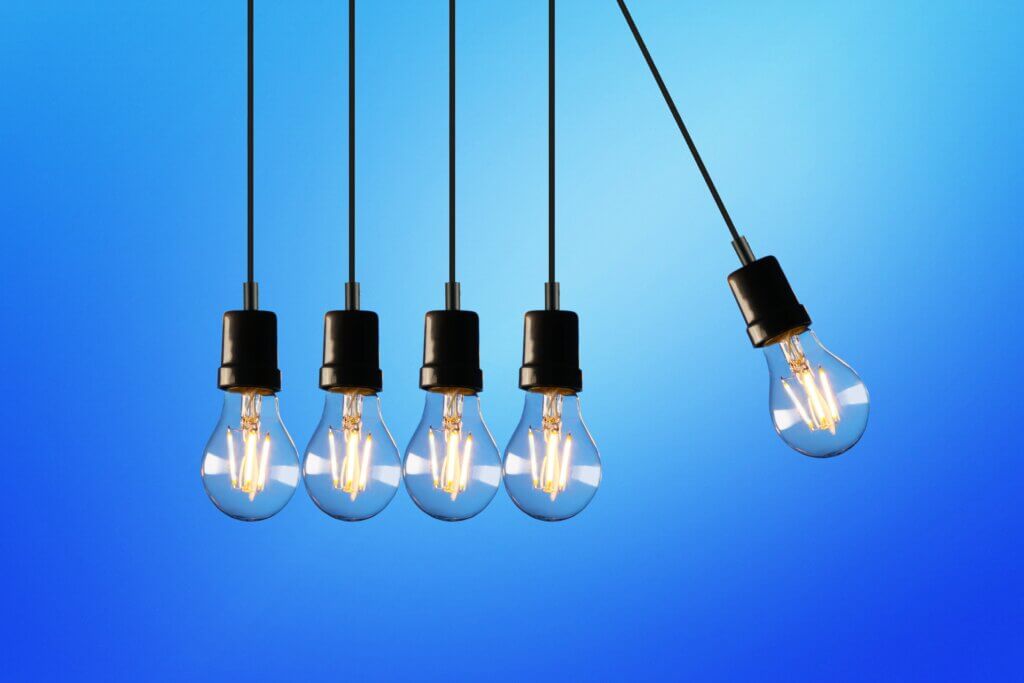9 Energy Saving Tips You Should Apply This Fall

As the seasons change, so must our routines. This includes some shifts in home habits. Adapt to this switch, conserve energy, minimize utility bills, and help the environment by reducing your carbon footprint.
Apply some practical tweaks to keep your home the most energy-efficient and manage the way you use water, heat, and electricity in the house. This might mean simple adjustments in usage, to routine checkups and repairs. Read on to find quick wins and effectively conserve energy this fall.
Check windows, doors, and walls for drafts and cracks.
Keep the heat in and prevent the cold from getting inside by doing a thorough check of your home for air leaks. Identify these drafty spots and inspect weatherstripping.
Outside of windows, doors, and ceilings, some other common areas to check for leaks include electrical outlets and switches, air ducts and vents, and the plumbing section. Check the fireplace too. If not in use, make sure the damper is closed.
If these spots are not identified, you might end up using your heater too much without realizing it (and consequently, increase your electricity bill).
Once these spots have been identified, seal them using caulk or repair as necessary. If you don’t have weatherstripping for doors, consider these for extra insulation.
If possible, consider hiring a professional to inspect and draught-proof your house. This will help identify spots you may miss if you do it manually. While it may be the costlier option, it will be a worthy investment in the long term.
Make the most of your ceiling fan.
If you have a ceiling fan at home, consider turning off air conditioning and turning on the ceiling fan instead.
When you run your ceiling fan in the reverse direction (clockwise), it pushes warm air down and redistributes it in the room. This small switch can help keep the room temperature warm.
Source: https://unsplash.com/photos/Fd9tUmRBJzk
Use windows efficiently, day and night.
Open the blinds or curtains during the daytime to get some natural light and heat in. Come nighttime, remember to close them to keep the heat in and prevent cold air from coming in.
Turn off the lights and consider switching to energy-efficient light bulbs.
When not in use, simply turning off the lights could compound to huge energy savings in the long run. Consider replacing your light bulbs with LED or compact fluorescent lamp (CFL) ones for even more energy savings.
Adjust your thermostat accordingly.
Manage the thermostat, keeping in mind the temperature when you’re at home and when you’re not at home. During the day, adjust and set the temperature back to around 68 to 70 degrees to minimize energy use.
Source: https://unsplash.com/photos/23coWmkTNSg
Manage usage of energy-heavy appliances.
Washing machines and dryers, dishwashers, freezers, and other larger appliances may be using up a lot of energy. Remember to minimize use as necessary. A long-term alternative is to switch to more energy-efficient versions of these appliances.
Check appliances on standby mode.
Remember that standby mode still uses up some energy. Identify appliances that have a standby mode (like air conditioners and video game consoles) and remember to switch them off or unplug them when not in use.
Adjust the water heater temperature.
Consider setting the water heater temperature down from 140 degrees when you’re not at home. Remember to bring it back to its normal setting when you return.
Source: https://unsplash.com/photos/fi_3XZ4YAkI
Be mindful of your water usage.
Assess water usage in your home. Are you letting the faucet run as you’re brushing your teeth? Maybe you’re washing clothes in many small batches instead of big ones. Little changes from simply turning off the faucet to reducing shower time could result in significant water savings.
Similar to checking for air drafts, also check faucets and hoses for any leaks.
Keep these simple, practical ways in mind to conserve energy this fall. It’s all about being mindful of when and how electricity, water, and heating appliances are used at home.
Understand your energy bill and identify appliances that use up plenty of power. This will help dictate some more conservation tips you can apply in the house.
If possible, consider an energy audit. This is an investment that will prove effective in the long run, especially in preparation for the winter months.
